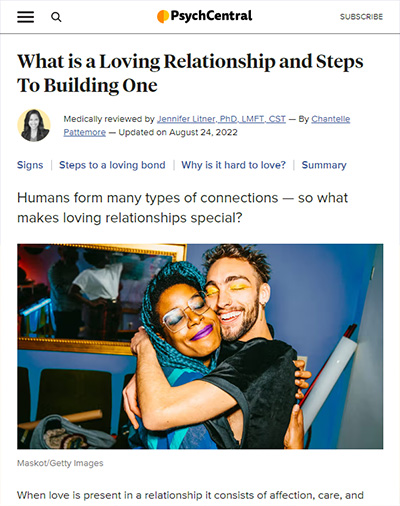
If you’re going to go to therapy, you have to be prepared to have this person get all up in your business. It’s uncomfortable for most, but generally people understand why it’s necessary. How can this person help me if I don’t actually tell them who I am and what I’m struggling with?
One area that is less understandable for some people, is why the therapist is asking a ton of questions about your family. And not just your parents or siblings, but your grandparents, aunts, uncles, cousins. It starts to feel really intrusive! But we, as your clinician, are not just being nosy. Knowing about mental illness in your family is important for understanding your own context. You do not exist in a vacuum!
So, I’ll start with this. There’s a concept called The Stress-Diathesis Model of mental illness, and what it says is that mental illnesses/psychological disorders come into being when two things are present: a genetic predisposition and a stressful environment. The genetic predisposition can be about inherited genes, but can also be related to abnormalities of the brain (physical/structural damage or problems with neurotransmitters), and a stressful environment in the womb that impacts/changes the nervous system of the baby.

Environmental stressors include trauma, abuse, and neglect, as well as chaotic environments. Many of us may have a predisposition to mental illness, but it doesn’t manifest because our environmental stressors have been minimal. Conversely, many of us live through some pretty noxious environments but may not develop mental illness because we don’t necessarily have any inherent vulnerabilities to psychological disorders. When both are present, you will usually have a disorder.
This model holds for many disorders including depression, alcoholism/substance abuse disorders, bipolar disorder, anxiety, schizophrenia, and so on. And I think it’s a large part of the reason why mental illnesses run in families. Whenever I do an intake, I always always ask about whether or not there is a known history of mental illness or substance abuse in the family system. It matters for this reason.
It’s really helpful to know that mental illness runs in your family, but it may be a bit less important to know which mental illnesses run in your family. Like, there’s no guarantee that a depressed mother will in turn raise a depressed child. But because of the way that depression impacts that mother, it may lead to a neglectful environment and that child may go on to develop anxiety as a result of the fears about abandonment. That child may develop a

personality disorder, or a substance abuse disorder, or become codependent. This is because the child’s temperament (the intrinsic way that the child approaches and interacts with the world) also plays a part in what will develop and how. In addition, having other more caring and supportive and stable adults in his/her life, will help the child be able to cope better as well.
Knowing a bit more about what various family members have been exposed to, in terms of mental illness, can create a better understanding of who they are and, in turn, how that has impacted you. Did your grandmother struggle with bipolar? Because that has a tremendous impact on how your mom grew up and how she raised you! This intergenerational aspect of mental illness is one that is not always made clear by us clinicians when we’re digging deep into your life and history, but it IS important.
I am always of the mind that knowledge is power. Knowing what runs in your family and how it could have impacted you will increase your awareness and understanding of your own thoughts/behaviors/feelings. You will know that you’re not “crazy,” you’ve just been impacted by mental illness. And you’ll know if and when it’s time to get help with your struggles. You’ll also know what to be aware of as you yourself become a parent. Treatment helps. I can’t stress that enough. At any point in our lives we are in a position to stop the cycle with us. Mental health treatment can help you to do just that.
This book focuses on helping to illuminate some of the ways that mental illness can shake a family system.





